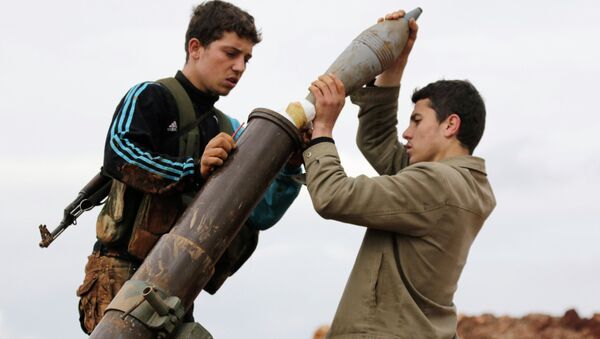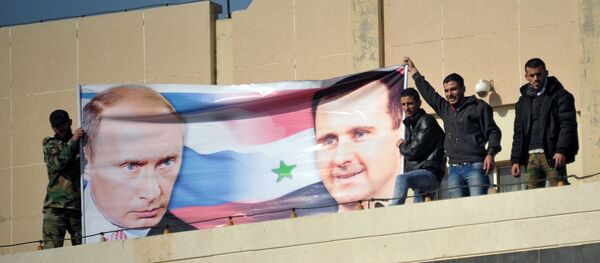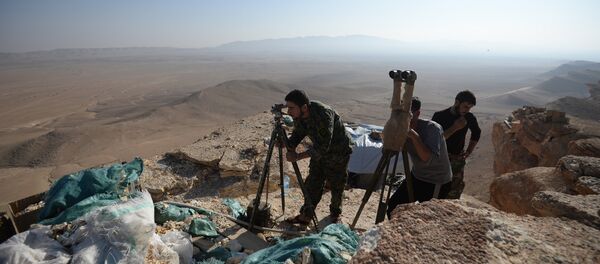"Though [Daesh] has managed to overshadow its ideological predecessor in the media, it is becoming increasingly apparent that [Daesh] and al-Qaeda are complementary goods rather than substitutes," the expert on the Middle East observed.
These trends should have dealt a blow to al-Qaeda and its affiliates, like al-Nusra Front, but they have not.

"In fact, many al-Qaeda affiliates have not only remained, but expanded. … The strength of any force should be determined by the quantity and its quality, and in recent years al-Qaeda has improved on both counts," the analyst explained.
"It should come as no surprise that these two groups, while theoretically battling each other for leadership in the arena of global jihad, are individually experiencing a great deal of success," the analyst observed.
It follows then that the Western perspective on what is happening on the ground in Iraq, Syria and the Middle East in general has been distorted and needs to be readjusted.
"In an ideal world, the West would simply sit back and watch al-Qaeda and [Daesh] destroy each other without having to lift a finger. However, those idyllic predictions have failed to materialize, and it is possible that what we thought would hurt al-Qaeda and [Daesh] has actually propelled them forward," he noted.





